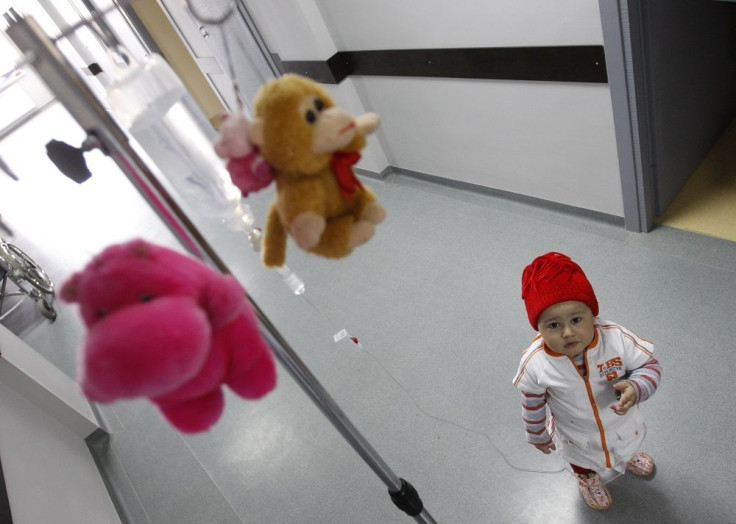Cancer breakthrough: Symptoms of 90% of terminally ill leukemia patients totally disappear after white blood cells were reprogrammed

By extracting white blood cells from cancer patients who are terminally sick and reprograming it, scientists found a possible cure to cancer. After the reprogrammed cells were reinjected into the patients’ bloodstream, the symptoms of over 90 percent of the leukemia patients disappeared.
The therapy involves taking T lymphocytes, or T cells, from the blood of the leukemia patient. The blood is genetically altered by infusing it with receptor molecules that would target cancer. However, the therapy works only for refractory B-cell malignancies, reports Gizmodo.
These are for liquid blood cancers such as chronic lymphocytic leukemia, acute lymphoblastic leukemia and non-Hodgkin’s lymphoma. The T cells detect abnormal or foreign cells, including tumours. It initiates an immune response which aim at the invading cells by attacking it. But sometimes, the attacks fail to destroy cancer cells.
To improve the T cells’ ability to target cancer cells, the new therapy arms a subset of the T lymphocytes with chimeric antigen receptors (CARs) with the use of gene transfers. The therapy merges gene therapy, synthetic biology and cell biology.
It provides “new treatment options for patients with refractory malignancies and represents a novel class of therapeutics with the potential to transform cancer care,” says oncologist Stanley Riddell from Seattle-based Fred Hutchinson Cancer Research Center. Riddell, who shared the study on Monday at the yearly gathering of the American Association for the Advancement of Science in Washington DC, however, admits the research is not yet published in a peer-reviewed science journal.
He adds that the results are preliminary and more work needs to be done because it is still unknown how long would the patients’ remission period be. In one trial, 94 percent of patients with lymphoblastic leukemia went into remission, while patients with similar blood cancers had more than 80 percent response rates. But two patients also died from the therapy because it triggered an extreme immune response, admits Riddell.
In a 2013 pilot clinical trial, the center infused large amounts of donor T-cells for a key anti-leukemic antigen to prolong survival in relapsed and high-risk patients after stem cell transplantation. The T cells were programmed in the lab to recognise Wilm's Tumor Antigen 1 and kill leukemia cells. The results of that research was published in the Feb 27, 2013 issue of the Science Translational Medicine journal.





















